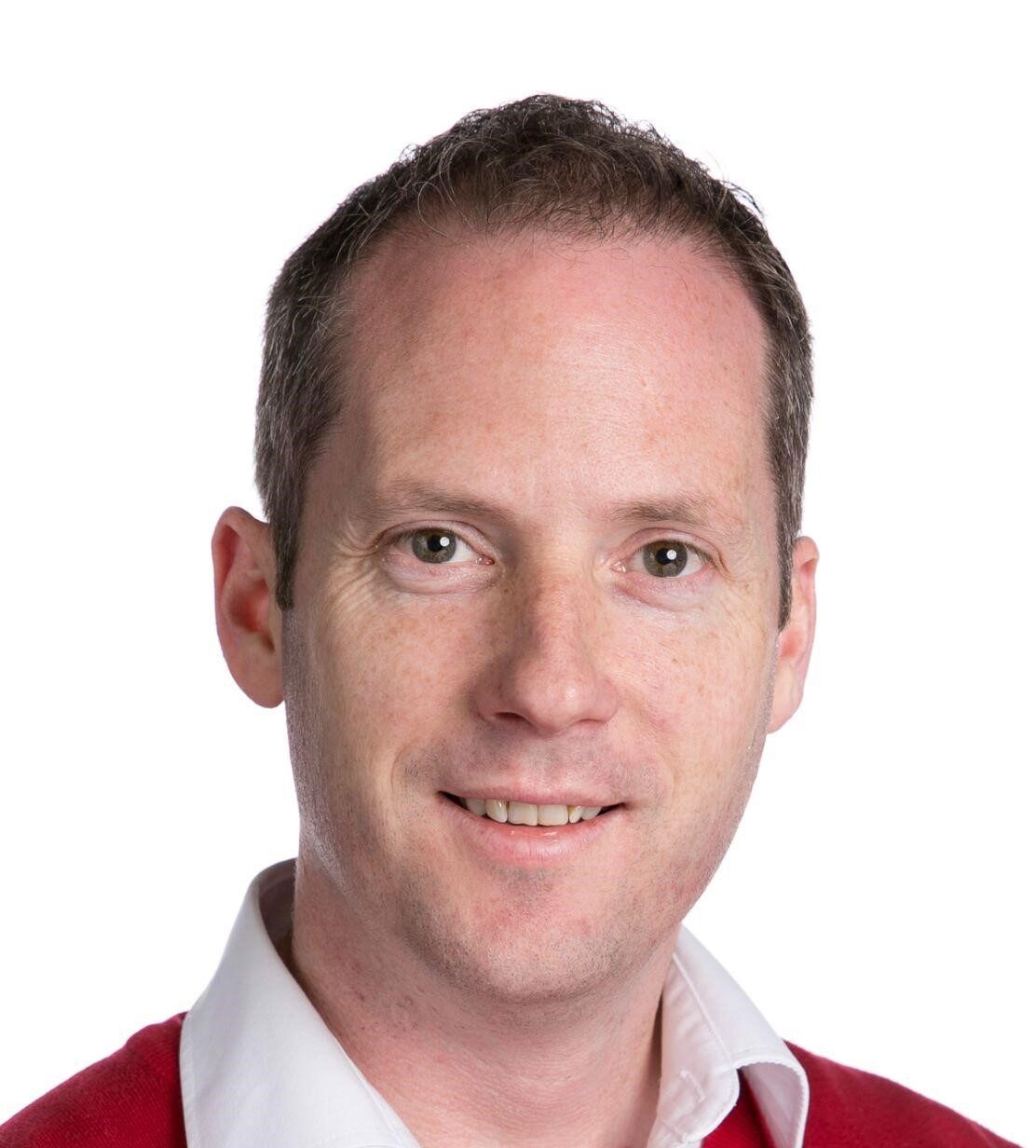

 Dr F. Jerry Reen – University College Cork
Dr F. Jerry Reen – University College Cork Title:
Connecting the Hidden Curriculum: A student-partnered journey best seen through the UDL lens.
Abstract:
Experiential and Immersive learning approaches have significant potential to transform the student experience when engaging with challenging molecular and cellular concepts in life science education. Experiential learning approaches can instil deeper learning of how molecular biology can be applied to address real-life societal challenges. Group learning, applied performances of understanding, cross-disciplinary international collaborations, and offering multiple modes of expression are just some of the ways we strive to connect the hidden curriculum. In tandem with this, immersive virtual reality simulations offer an innovative entry point for student learning where spatial understanding can unlock a deeper engagement with molecular concepts. The student partnership element to our digital research has been particularly fruitful in guiding the key elements of the VR simulation design and determining how that is scaffolded by prior knowledge and the lecture experience. While challenges remain in the creation of a clear and effective roadmap for the design and implementation of immersive VR teaching experiences, collaboration between disciplinary and technical experts will see significant developments in this space.
Bio:
Dr F. Jerry Reen is a Senior Lecturer and Principal Investigator (PI) in the School of Microbiology at University College Cork. His research interests include small molecule communication systems governing polymicrobial-host interactions in respiratory disease and marine biodiscovery for sustainable industry and a greener future. His teaching interests are primarily focused on exploring ways to connect the Universal Design for Learning approach with the student experience, centred on the molecular and cellular sciences in ecology and health. Lead PI on the student-partnered ELEVATE initiative, which developed Virtual Reality and Applied Learning tools for the study of abstract and challenging concepts in the molecular and cellular sciences, his team was recognized with the National Forum Disciplinary Excellence in Learning, Teaching, and Assessment (DELTA) Award. Internationalisation, situational learning, and multiple modes of expression are constant themes in his teaching and assessment portfolio.